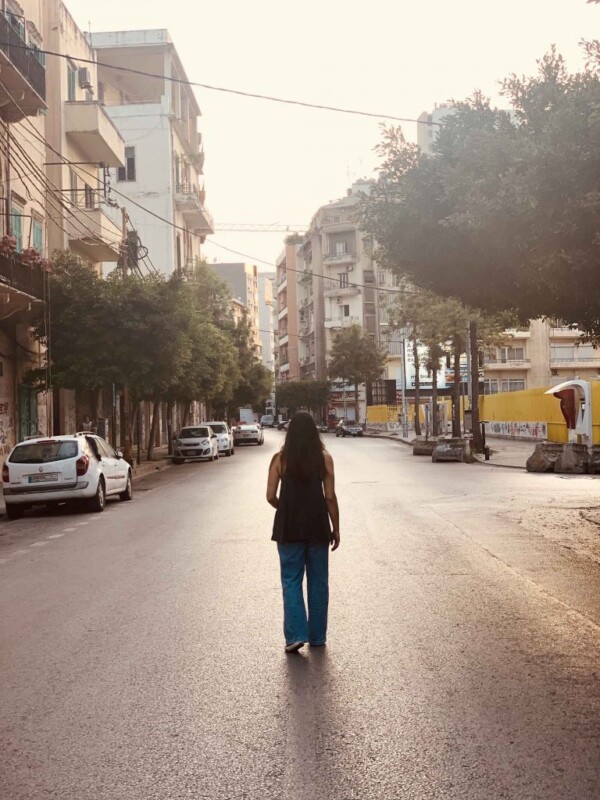
It often happens with difficult and shocking things. It happens faster the more shocking and difficult-to-swallow the thing is. It happens to all of us, no matter how civic engaged and aware we are. Even if we are ardent activists and pushers for human rights. Before they were rights, we were human. It is our nature to cope and survive. In the face of the things that make us suffer for the purpose of our existence, we go into survival mode. In order to be able to go on working on solving problems and getting us through daily survival, our mind attempts to repress the calamity. A calamity that has the power to lead us off the track of social conformity and comfort, if we surrender to it. Desensitisation happens faster the more heavily we are bombarded by images of something difficult-to-swallow. Few of us today can say genuinely that we are stopped in our tracks by a photograph of a starving child with a swollen belly in Africa, or one of a dead Palestinian child at the feet of an Israeli soldier. If we stop to think about them we are very likely to be still as enraged about the injustice or the illogic of it. But we don’t. We very rarely stop anymore. I write this now because I am shattered by the injustice, illogic, and incapacitating pain of what happened to Beirut. And like everyone, I am having to battle with so many thoughts and feelings that overwhelm me without warning. One of them is this: how can we continue to post horrible photos and videos (with the intent of keeping the memory burning and honouring the very much necessary pain and anger) without inevitably falling in the trap of desensitisation? I do not have an answer. I have no idea how to challenge human nature. I just wanted to put these thoughts out there. I thought, anyway, it couldn’t hurt in the meantime if we try to exercise a bit of presence when it comes to these images. Maybe we could associate these images with a reminder to stop, consider, and remember how enraging. So that maybe, when one day we look at a starving African child over the head of a passenger, sitting across on a train with headphones on, we might stop and think: how illogical is it that while we have resources to feed the entire planet, so many people still die of hunger and obesity?
By Michelle Moubarak*
*Researcher in International development and political sciences.
Photo courtesy: Sally Geha
Read the article on sophiauniversity.org.


